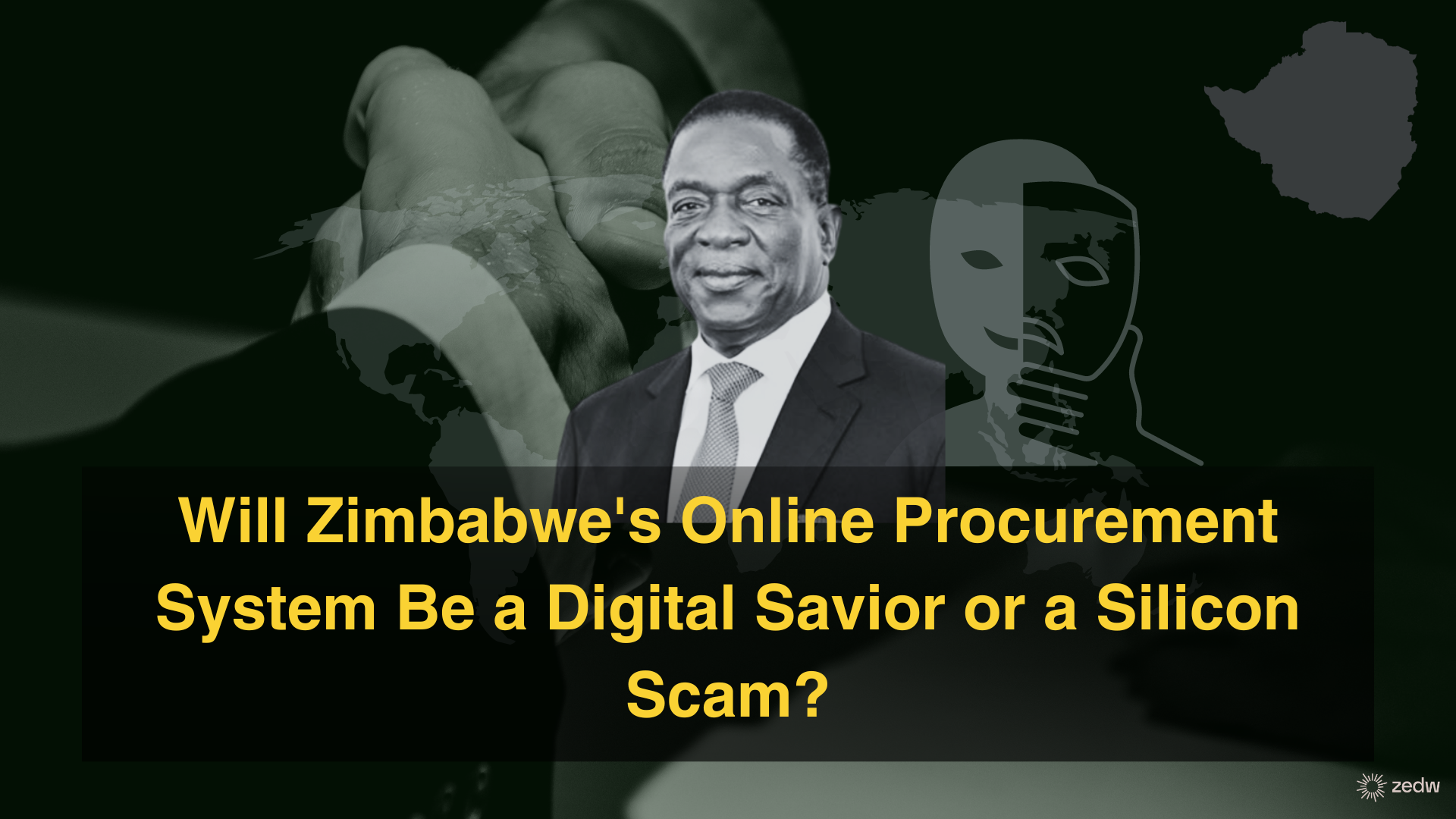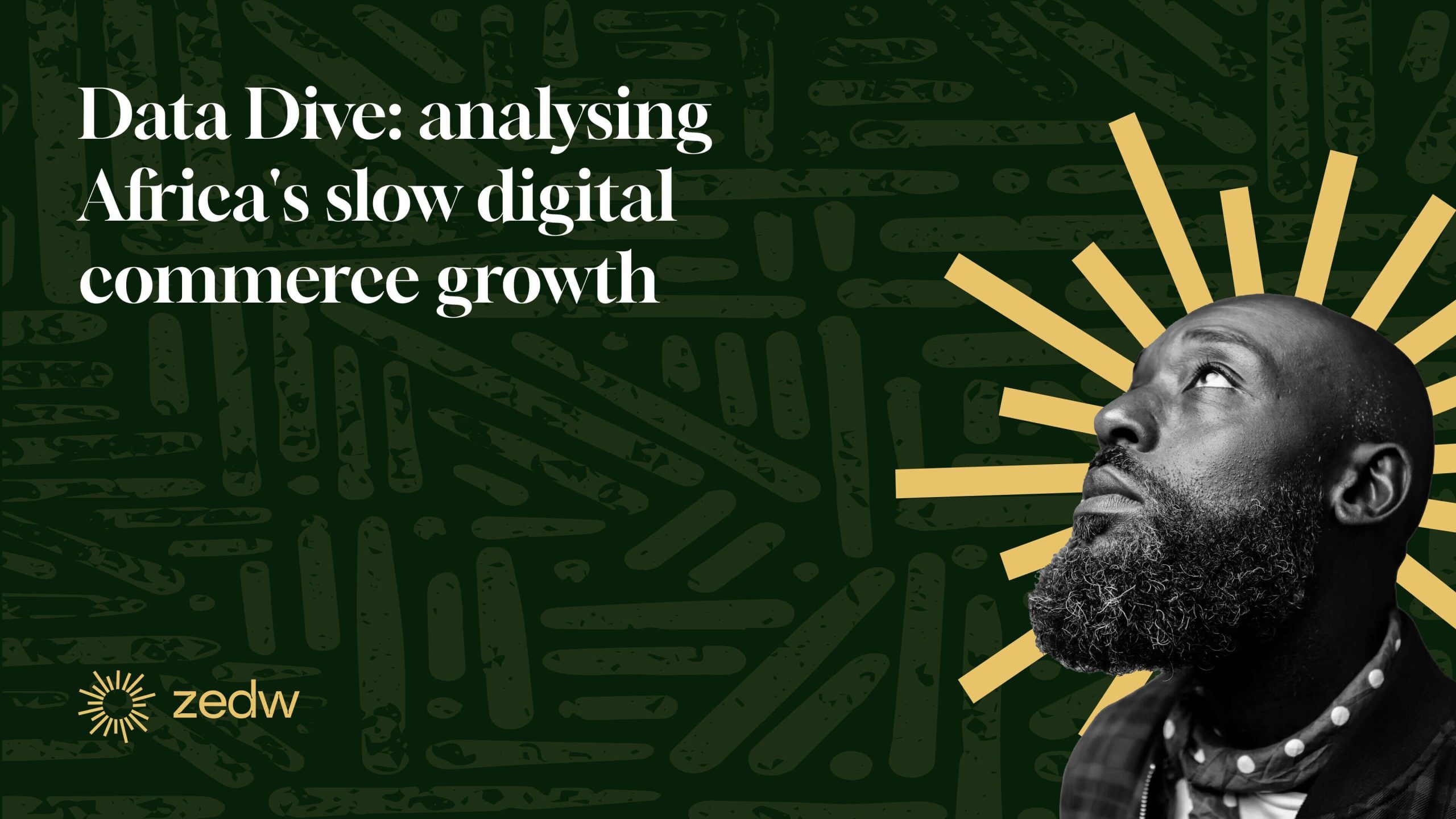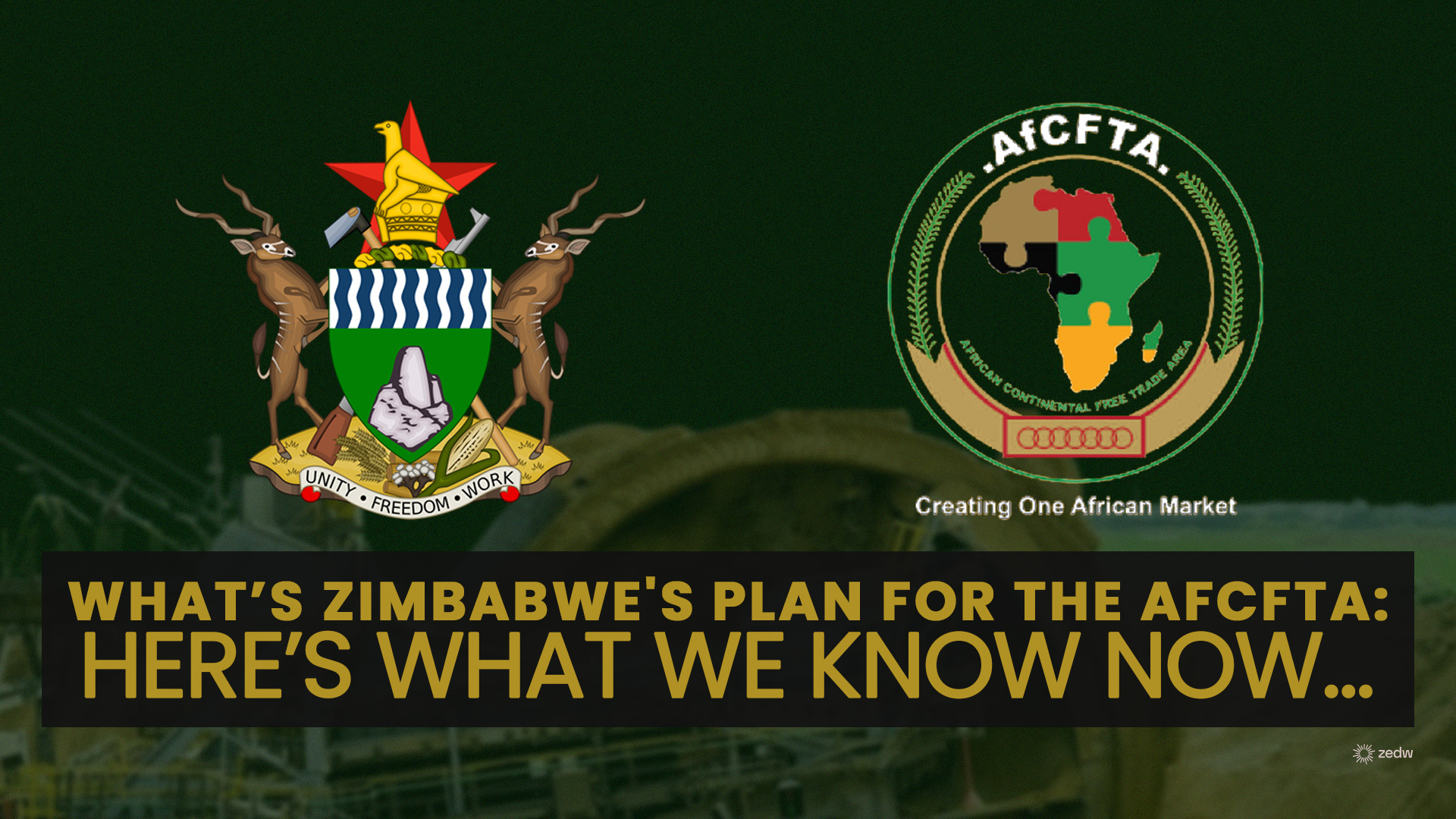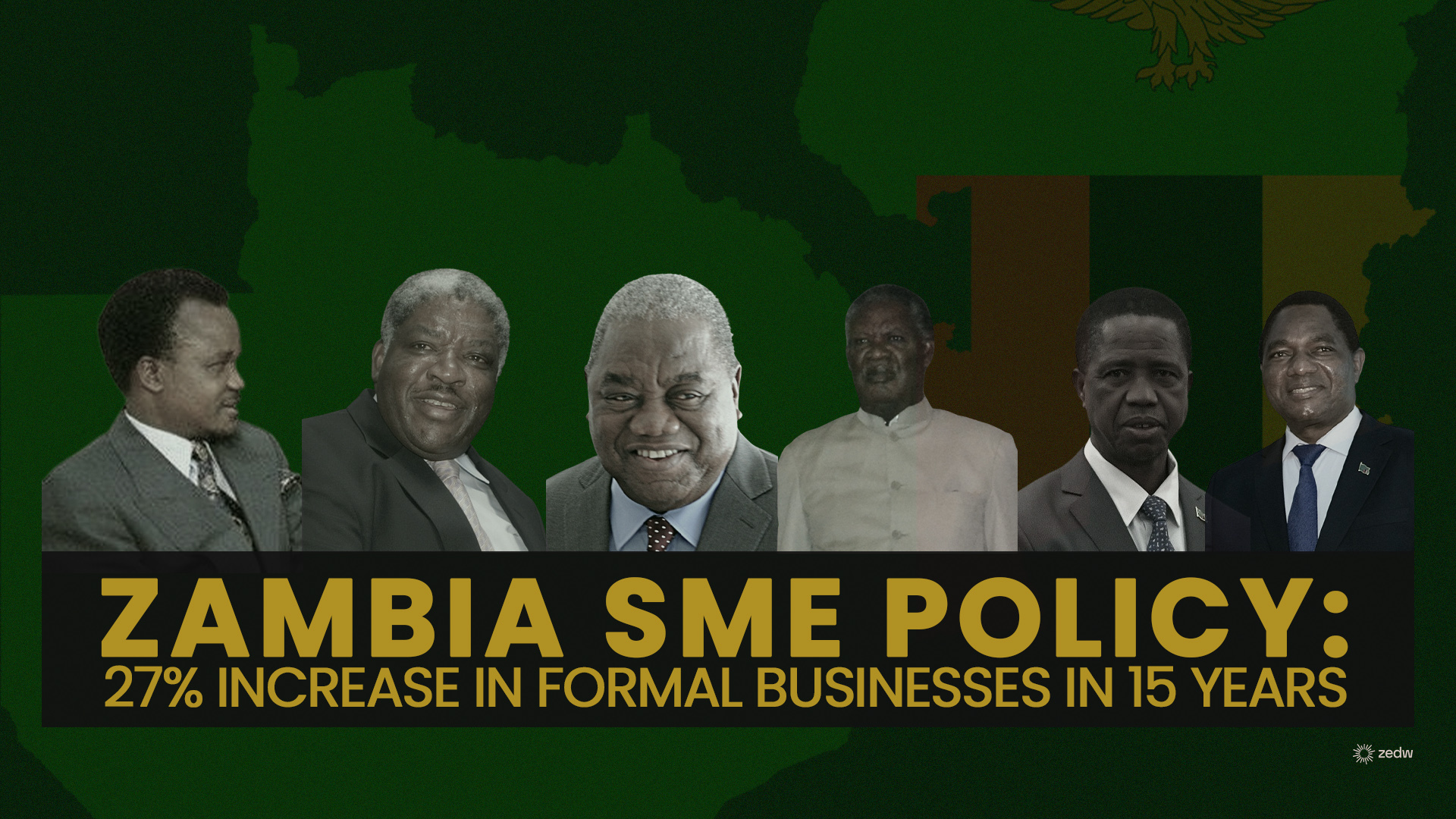The Zimbabwean government recently shared their budget for 2024 and one sections that caught my eye whilst scrolling through the 250-page document was the country’s shift to an online public procurement system.
In 2016 – when the US$ was still the most used currency, Zimbabwe was said to be losing US$1 billion annually to corruption. At the time this was nearly 25% of the country’s proposed US$4 national budget. Zimbabwe’s corruption issues are well documented. The country ranks 157/180 countries and has a corruption perception index (CPI) score of 23/100 according to Transparency International. Any news of attempts to thwart corruption by the government are potentially life-changing if implemented correctly which is why the new eGovernment Procurement system is a welcome announcement.

Weaknesses of the old public procurement system
The first area of weakness and the one the new eGP directly addresses is the lack of adoption of digital tools in procurement. A research paper titled, Dynamics of Patronage Politics and the Tendering Process at Zimbabwe’s State Procurement Board noted that bringing the process up to speed would save time and money:
a potential supplier can take several weeks to complete the tender registration process as heaps of files appeared burdensome to work on them under a restricted timeframe.
Anonymous survey respondent Dynamics of Patronage Politics and the Tendering Process at Zimbabwe’s State Procurement Board
Another frailty in the old system was the over-involvement of human intermediaries – usually public officers who are subject to the influence of powerful politicians or business individuals. The public officers end up inviting favoured firms, supporting certain organisations at each stage of the tender process along with issuing reports that support favoured entities unfairly.
Consequently, political interference has also been cited as a challenge plaguing the State Procurement Board since its inception in 1999. Infiltration of patronage politics during the tendering process is a challenge that has second-order consequences of “late completion of government projects resulting in poor service delivery and abuse of national resources in the country”.
A *survey conducted in the aforementioned research paper noted the following:
- 69% of respondents felt there was an “absence of transparency at the State Procurement Board (SBP)”;
- 58.75% of the respondents were of the view that partisan politics has got a very high impact on the tendering processes at the SPB.
*This survey’s interviewees included employees at the Procurement Regulatory Authority of Zimbabwe (which houses the State Procurement Board), as well as some selected individuals from the Zimbabwe Anti-Corruption Commission (ZACC), the Ministry of Energy and Power Development (MoEPD) and selected political affiliates from ZANU PF and the Movement for Democratic Change (MDC).
Transparency is so foreign in the conduct of tendering processes at the SPB. Sometimes we are just informed about the winner without really understanding how the actual tendering was conducted.
– anonymous interviewee | Dynamics of Patronage Politics and the Tendering Process at Zimbabwe’s State Procurement Board
All these weak public procurement processes have culminated in some high-profile scandals coming to the fore over the last decade.

One such scandal came to light during the COVID-19 pandemic.Then Health Minister, Obadiah Moyo was charged with corruption in connection with awarding a US$60 million contract for COVID-19 medical supplies to a company that sold them to the government at inflated prices. Reports at the time suggested the tender was awarded without the consent of the PRAZ. One of the representatives of Drax – the company which won the tender was said to be a known friend and business associate of Collins Mnangagwa – the son of the current President.
Another incident highlighting the shortcomings of the previous system occurred in September 2022. Zimbabwean Parliament needed new laptops, so they invited suppliers to bid for a contract to get the laptops. The speaker of parliament claimed they had picked the best deal possible from Blinart Investments who were going to supply 173 laptops US$1,6 million (US$9200 per laptop). This led to public outcry and the government subsequently cancelled the tender and blacklisted the companies involved.
The fallout from these and many other cases proved that rampant corruption was taking place despite the existence of regulation. In the case of the laptop tender – even after the story came to the fore it was hard to determine what kind of laptops parliamentarians needed, what kind were proposed by suppliers and what informed that final price that kicked off the entire scandal. We will explore how this incident also exposes a potential flaw in the new system.
Another clear downside of the old process is that the initial call for tenders has been done in a manner that has been criticised as superficial. State entities (or executives with authority to make decisions in the bodies) are on occassion accused of disregarding the process. In 2014, former ZINARA (Zimbabwe National Road Authority) CEO Frank Chitukutuku was accused of releasing funds for the rehabilitation of a 31km stretch of road in Umguza district before the conclusion of tender procedures. Adverts for the tender were only put up as a front but the CEO had allegedly awarded the contract to 3 companies before the adverts aired.
Accessibility was yet another flaw experienced in the old public procurement process. Previously, suppliers had to submit their bids in person in the area of interest they were to deliver required product/service. This created extra friction and ruled out smaller companies who might not have the resources or personnel to carry paperwork across the country on short notice and submit a bid.
Given this context – it’s no surprise that in 2022 it was announced that the country was now losing close to US$1.8 billion to corruption – almost double what we previously noted from 2016…
Zimbabwe is estimated by the Reserve Bank of Zimbabwe (RBZ), our own RBZ, that we are losing US$1.8bn each year due to corruption. If that money was there, we could have finished the Harare-Masvingo Road a long time ago, but we do not have that money.
Zimbabwe Anti-Corruption Commission (ZACC) deputy chairperson Kuziwa Murapa
What is electronic Government Procurement and how will it change this?
This portal is a web-based, one-stop public procurement system to manage the full lifecycle of a tendering and contract management process, for both procurement entities and suppliers. It bridges the gap between procurement entities and suppliers to ensure efficiency, fairness and transparency in the public procurement process.
Procurement Regulatory Authority of Zimbabwe (PRAZ)
Government/public procurement is the purchase by governments and state-owned enterprises of goods, services and works. It is essential to service delivery in a country and one of the reasons cited for developing countries’ failure to kick on and grow their economies has been weak and corruptive procurement processes.
Whilst my first exposure to Zimbabwe’s eGP plans was in the budget announcement, the online system was actually launched on the 23rd of October 2023. The eGP is a digital system intended to enhance state procurement as well as remove corruption and bureaucracy that compromised the previous processes. This new tender process will connect all state entities with registered suppliers through a single portal.
Through the portal, suppliers and state entities will be able to carry out the following tasks:
- Register your company in the national supplier’s database to be able to participate in public procurement;
- Access tender notices of various government agencies for the procurement of goods, services and construction;
- Awarding of tenders and contract administration fee payments.
The website is open to the public and from what I could see – upon opening the site you’ll be able to see details regarding:
- Registration Service – Access portal for procuring entities portal for e-tender uploads and awarding;
- Awards – Access list of all tender awards to date on the e-GP system;
- Procuring Entities – Access list of all Government procuring entities;
- Suppliers List – Access all registered companies/service providers. Identify suppliers blacklisted and debarred from participating in public procurement;
- Resources – Access various electronic resources i.e public procurement legislation, e-GP materials and Standard Bidding Documents.
PRAZ feels that the eGP will make the process more transparent making it easier for the interested parties to flag suspicious activity. The blacklisting of previous offenders will also help avoid a scenario where known offenders manage to secure a separate contract simply because the Government entity requesting bids had no knowledge of prior offenders.
It is my expectation that through use of the [eGP] system, previously marginalised institutions such as MSME’s women and the youth will begin to play a more significant role in the procurement process
President Emmerson Mnangwagwa
The last aspect which we explored briefly above is that by bringing the procurement process online access will be expanded. This will make the process more competitive which will hopefully result in the government getting the best bang for taxpayers’ buck when purchasing products/services.
What are the potential flaws of electronic Government procurement?
eGP will make it easier to flag unusual activity by opening up the process to more eyes, but there are some elements that worried me after visiting the platform. Despite having this portal where information will be exchanged regarding bids – there’s still human involvement at the selection point which creates room for corruption and political interference. Interference at this point is potentially worsened by the fact that I couldn’t seem to access what winning bids look like beyond values. It still feels like without that additional layer of information, there’s room for corruption to take place.

Another aspect to observe with this new system will be how people who commit offences are held accountable. There has been a pervasive feeling that for those who are partisan there is a selective application of justice:
the main reasons for the observed low accountability and transparency are personal interests and partisan politics. In this regard, affiliation and clientelism politics tend to worsen the ineffectiveness and inefficiencies in the tendering processes.
– anonymous interviewee | Dynamics of Patronage Politics and the Tendering Process at Zimbabwe’s State Procurement Board
ZACC has previously come out and defended the lack of accountability on the nature of corruption charges and how they are harder to prosecute since such cases require more evidence.
How have other countries dealt with this isssue?
The issue of corruption in tender processes is common enough that the next logical step would be to investigate how other countries have confronted this social ill. One of the first examples we came across was Singapore whose efforts sound similar to the recently revealed eGP.
Singapore (which also has an 83/100 CPI score) deployed GeBIZ – an online-based government procurement portal. Similar to eGP, the posting of tender requirements is online, the submission of bids is online, and deadlines are presented digitally.
A difference I noted whilst exploring GeBIZ is that results of the tender are also published online. This means that the winning supplier and their quotation can also be viewed. Singapore’s system also clearly outlines the required quantities of each item being bid for. All this information was accessible to me despite not even having an account on Singapore’s procurement portal. Comparatively, this information wasn’t available on Zimbabwe’s eGP which means whilst transparency has improved there are still efforts that need to be made to actually ensure that true transparency is achieved.

Another country that has adopted digital procurement to good effect is Georgia (which has a 56/100 CPI score). The country’s Competition and State Procurement Agency deployed an online tendering system in 2011.
The platform has succeeded in increasing transparency in government procurement by eliminating a paper-based, bureaucratic system (often riddled with opaqueness and corruption) and turning it into a more efficient operation. This has made it one of the most transparent government systems in the world. At least that we know of.
OpenGov Voices | How Georgia is handling procurement transparency | Sunlight Foundation
The Georgian system suggests whitelisted companies that have been reliable in the past whilst also highlighting companies that have been blacklisted and aren’t allowed to bid for a year. Blacklisting is informed by user complaints lodged by users on the platform and then reviewed by a board to ensure fairness. These complaints and subsequent board reviews are all publicly available.
From these examples it seems Zimbabwe’s electronic Government Procurement portal still needs to tighten up loose ends – with more transparency being the key feature. This appears to be the best way to ensure that public procurement processes and outcomes are above board is to ensure that people looking to find information regarding public tenders have it easily to






